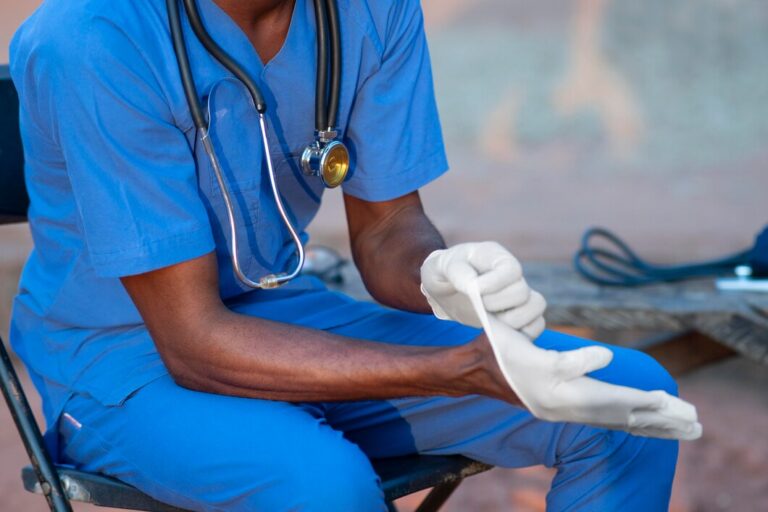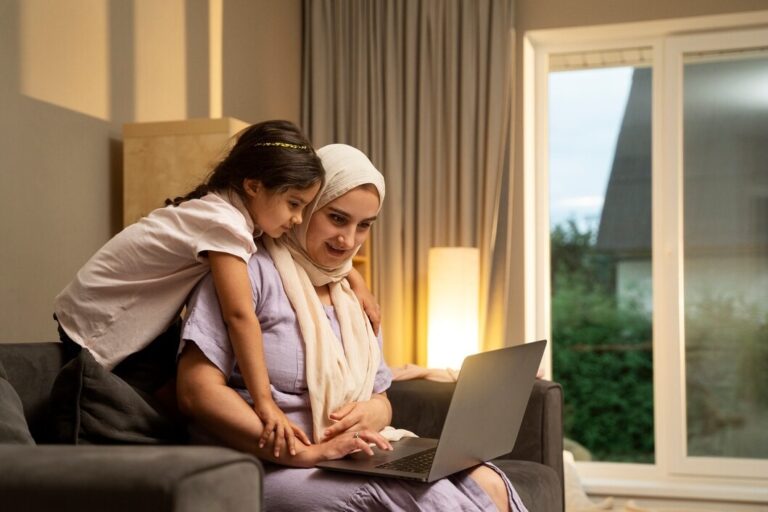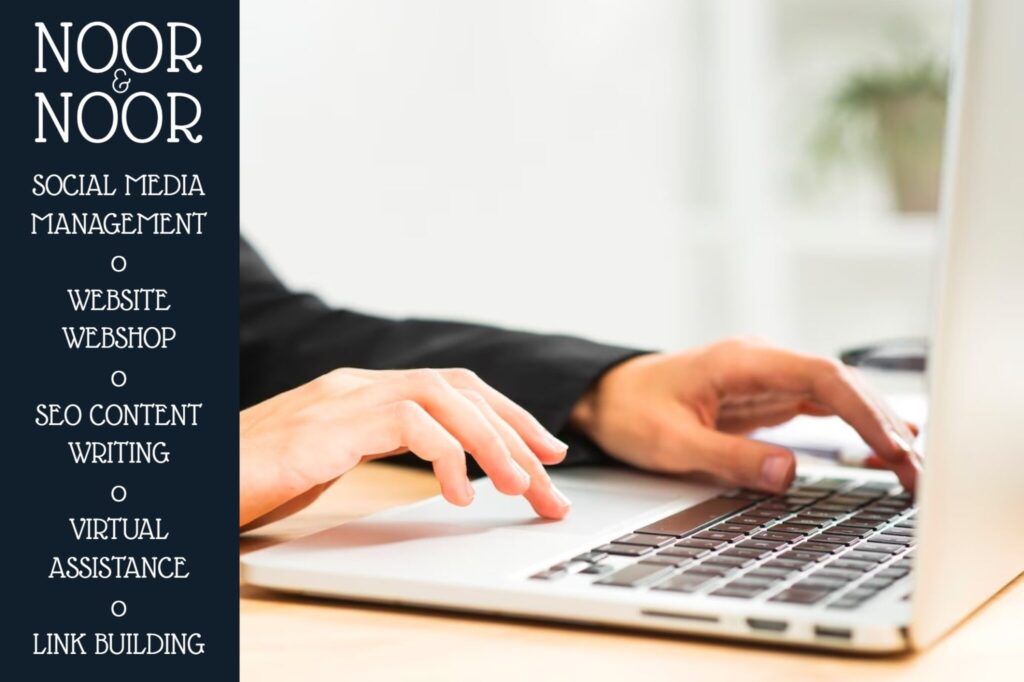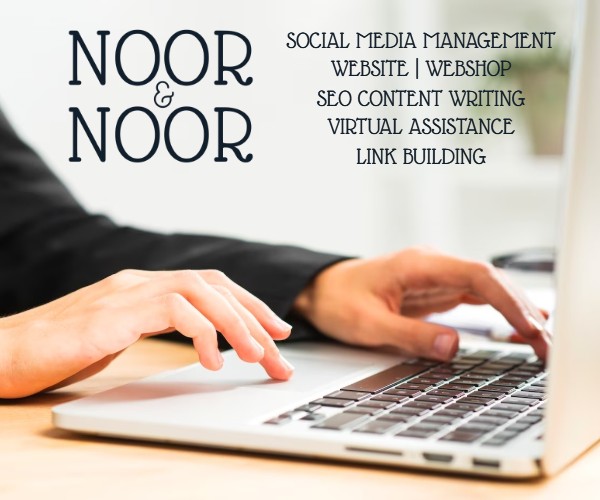Morocco has made significant strides in healthcare over the past few decades, but disparities in access to quality care remain a pressing challenge. Equal care is not just a matter of social justice but also a foundation for a healthier and more prosperous society. Bridging gaps in healthcare access requires a multi-faceted approach that addresses systemic issues, promotes inclusivity, and empowers marginalized communities.
Understanding the Gaps
The Moroccan healthcare system faces several structural challenges that contribute to inequalities. These include disparities between urban and rural areas, financial barriers, and differences in the quality of services available to different socioeconomic groups. Rural regions, which house almost 40% of the population, often lack sufficient healthcare infrastructure, including clinics, hospitals, and qualified medical staff.
Moreover, gender disparities further complicate access to healthcare. Women in rural areas face significant barriers, such as limited mobility, cultural norms, and a lack of specialized services like maternal health and family planning. Addressing these disparities requires targeted interventions that ensure no one is left behind.

Strengthening primary healthcare
One of the most effective ways to promote equal care is by strengthening primary healthcare systems. Morocco’s government has made efforts to improve access through initiatives like the Medical Assistance Scheme for the Economically Disadvantaged (RAMED). However, expanding and improving the quality of primary care services remains a priority.
Mobile clinics and telemedicine are promising solutions for reaching underserved populations. By leveraging technology and innovative delivery methods, Morocco can provide remote consultations, monitor chronic diseases, and offer preventative care to those in isolated regions. Additionally, increasing the number of community health workers can help bridge gaps in care delivery by providing localized support and education.
Addressing financial barriers
Healthcare costs remain a significant obstacle for many Moroccan families, particularly those in low-income households. While programs like RAMED aim to reduce these burdens, there is a need for broader financial protection measures. Expanding health insurance coverage to include informal workers and enhancing public funding for healthcare are critical steps toward achieving equitable access.
Subsidizing essential medications and treatments, particularly for chronic diseases like diabetes and hypertension, can alleviate financial pressures. Additionally, transparent pricing mechanisms in private healthcare facilities can prevent exploitative practices and promote fair access to quality services.
Investing in maternal and child health
Maternal and child health is a cornerstone of equal care. Despite improvements, Morocco’s maternal mortality rate remains high compared to global standards. Ensuring access to skilled birth attendants, emergency obstetric care, and family planning services is essential for reducing these rates.
Educational campaigns can empower women with knowledge about their health and rights, while investments in midwifery training programs can address the shortage of skilled professionals in rural areas. Community-based initiatives that involve men and other family members can also foster supportive environments for maternal and child health.
Tackling gender inequality in healthcare
Cultural and social norms often limit women’s access to healthcare in Morocco. To address these barriers, gender-sensitive policies must be integrated into the healthcare system. Providing safe and confidential spaces for women to seek care, training healthcare workers in gender equity, and involving women in decision-making processes can create more inclusive systems.
Programs that address specific needs, such as reproductive health and mental well-being, are vital. Additionally, outreach efforts targeting rural and marginalized communities can ensure that women are aware of and able to access available resources.

Promoting education and awareness
Education plays a pivotal role in achieving equal care. Public health campaigns that raise awareness about preventative care, nutrition, and hygiene can empower individuals to take charge of their health. Schools and community centers can serve as platforms for disseminating vital health information and promoting healthy practices.
In addition to public education, professional training programs for healthcare workers should emphasize cultural competence and empathy, ensuring that patients from diverse backgrounds feel respected and understood.
Hiking Trails in the Middle Atlas Mountains
The Middle Atlas Mountains are often overshadowed by the High Atlas or the Rif, yet they hold some of Morocco’s...
From Passion to Profession: Turning Creative Skills into Income
In Morocco, more young people are transforming their creative talents into careers. Whether it’s photography, calligraphy, fashion design, or digital...
Young Moroccans Abroad: Balancing Wanderlust and Roots
For many young Moroccans, the dream of exploring the world is irresistible. Whether through study, work, or travel, living abroad...
Networking for Millennials: How to Build Real Connections in Casablanca and Rabat
In Morocco’s fast-paced urban centers, especially Casablanca and Rabat, networking is essential for millennials seeking growth and opportunities. No longer...
Collaboration and Advocacy
Achieving equal care requires collaboration across sectors. Partnerships between the government, non-governmental organizations, and international agencies can mobilize resources and expertise. Advocacy groups play a critical role in holding policymakers accountable and amplifying the voices of underserved populations.
Community involvement is equally important. Empowering local leaders and organizations to take ownership of health initiatives fosters trust and ensures that solutions are tailored to the unique needs of each community.

A vision for the future
Morocco’s path toward equal care is a journey that requires commitment, innovation, and solidarity. By addressing systemic barriers, investing in infrastructure, and promoting inclusivity, Morocco can create a healthcare system that serves all its citizens equally. Equal care is not just a goal; it is a testament to the nation’s dedication to human dignity and social progress. Together, we can build a healthier Morocco where everyone has the opportunity to thrive.
















Discussion about this post